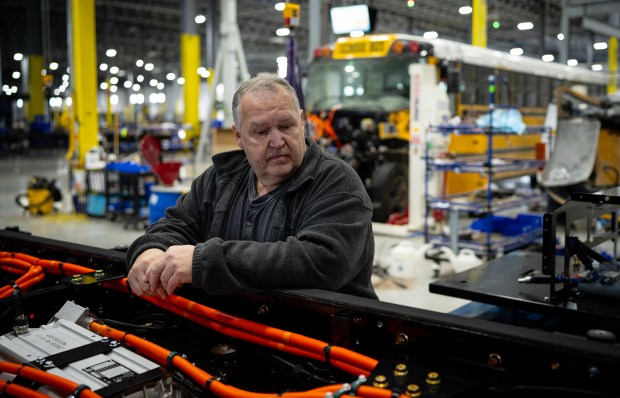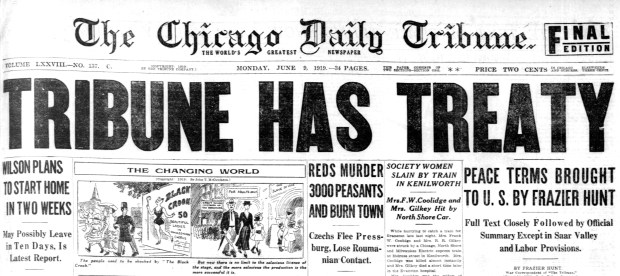A report released this week shows that Aurora has rebounded from the jobs it lost during the coronavirus pandemic.
The report done by Invest Aurora, a not-for-profit that is an arm of the city of Aurora’s economic development efforts, said the city has created 5,771 new jobs since the pandemic.
The report was given to the City Council at Tuesday’s Committee of the Whole meeting by Loretta Daly, interim president and CEO of Invest Aurora.
“What you begin to see, and you see throughout this report, are the effects of the pandemic – it was a real game changer,” she said. “What you can also see and is equally important is the very strong comeback. We made up for the loss and then some.”
According to the report, there were an average of 72,026 jobs in Aurora for the six-year period between 2017 and 2022. While the city lost jobs during the pandemic, it managed to stave off bigger job losses by assisting businesses, helping keep many of them open, officials said.
It also saw an increase over the six-year period in average annual wages for each job to $64,388, a 17.3% hike in wages. Similar size cities Elgin and Naperville saw similar percentage increases during that time, but Daly said Aurora was higher than neighboring Naperville, which had an average annual wage for each job of $58,753.
Daly credited the strong comeback to programs both the city and state undertook to subsidize businesses during the pandemic.
Aurora, through its STABLE and CERF funds, gave out a total of 180 grants to small businesses totaling about $1.7 million, and the state, through its two rounds of Back to Business programs, gave area businesses 156 grants totaling about $5.2 million.
“So our efforts at post-pandemic activities, I think, have really shown through,” Daly said. “We see significant job growth we wouldn’t have seen if we didn’t retain businesses.”
Mayor Richard Irvin credited the strong numbers to economic development work his administration has done, and the work of the City Council giving out money to businesses to do things like pay rent during the tough times.
“I have to give you credit and you should give yourselves credit for coming up with assistance …” he said. “It all helped. We’ve done a lot. This is raw data – this isn’t us making it up. We can figure out what we’ve done in the past and what we can do in the future.”
Ald. Carl Franco, 5th Ward, said the numbers seem to bear out that the city wisely spent the American Rescue Plan Act, or ARPA, funding it got from the U.S. Congress.
“It’s not only that we did a good job, but that we created an image that we will always do a good job,” he said.
Daly said the report looked at 15 categories of jobs, and that not one of those sectors had an overall decrease between 2017 and 2022. The retail trade sector grew the most, by 62%. Other sectors that grew well included arts, entertainment and recreation, 36%; accommodation and food services, 35%; administration, support and waste management, 35%; and real estate, 34%.
In raw numbers, Daly said the category transportation and warehousing had the greatest growth, with 1,167 jobs created, and manufacturing grew by 832 jobs.
There were some caveats to the numbers. For instance, while manufacturing added a number of jobs, most of the about 57% increase were temporary. Temp workers were reflected in some of those numbers, and it’s hard to figure at this time how it affected the average wage numbers.
“So we see a huge increase in the use of temp workers,” Daly said.
She also pointed out that the accommodation and food service category had the largest job loss by 2021 from the pandemic, but has come back strong. It has the largest percentage wage increase from the pandemic.
“I think that was attributed to the fact that during the pandemic, those industries were the hardest hit, and the hardest (jobs) to get back,” Daly said. “So they had to adjust wages.”
slord@tribpub.com




